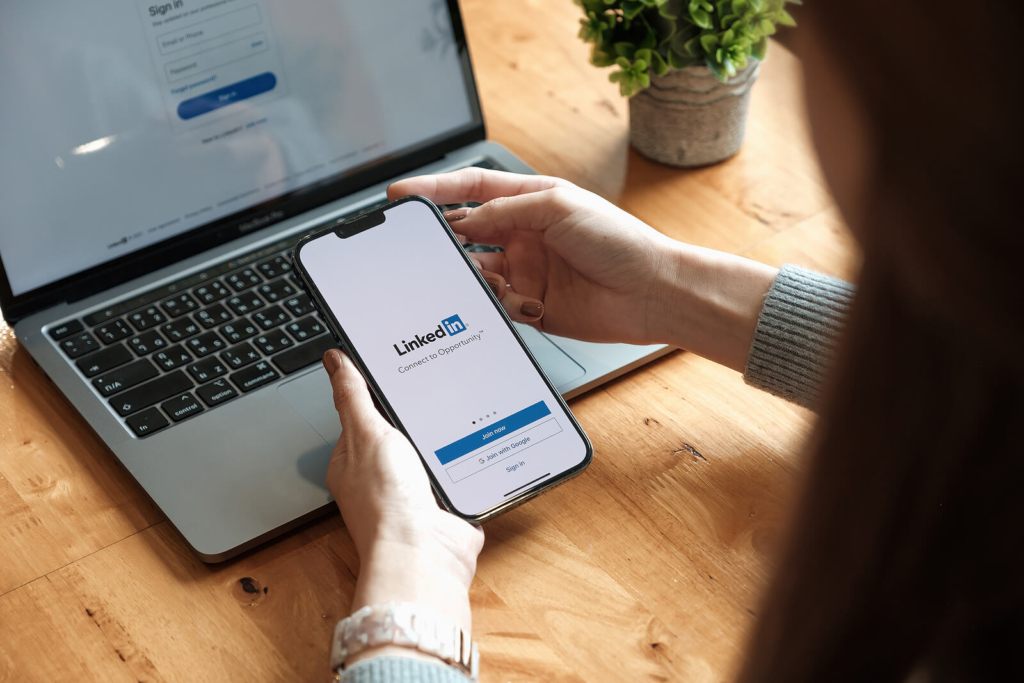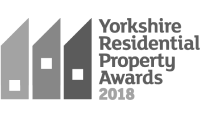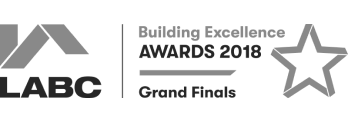How to become a freelancer
Starting a freelance career can be daunting but also incredibly rewarding. You’ll be your own boss, choosing who you work with and how often, and have the freedom to build a portfolio to be proud of.
Give yourself the best chance by researching how to start freelancing successfully before diving into your first freelancing role.
Pinpoint your talent
The first step in becoming a freelancer is to pinpoint your talent. Write a list of the services you can offer potential clients, focusing on areas where you have more confidence and expertise.
Beginner freelancers usually offer the skills they’ve acquired in previously employed jobs. It’s important to remember this isn’t set in stone — you can adapt it as your knowledge and portfolio grow to include a broader range of services.
Create a portfolio
A freelance portfolio provides details of previous work, which is helpful for clients when they are considering who to work with.
Your portfolio proves what you can do, potentially helping you win that freelance project.
Create a portfolio to highlight your specialities, show examples of your best work, and provide information on achievements and results. As your freelance career progresses, you can also include client testimonials and reviews in your portfolio.
Set your rate

Setting your rate is one of the most important aspects of beginner freelancing. It minimises monetary disputes when the work is done, as the client expects to be billed a certain amount.
Most freelancers use an hourly rate. However, there may be occasions when a flat project fee is more appropriate. Either way, it’s helpful to know beforehand how much you’ll earn.
Remember to regularly check the freelance rates in your industry to ensure you’re charging the right amount, and don’t be afraid to increase your rate as your portfolio grows.
Invest in the right equipment and tools
Starting a freelance career requires commitment and investment, which includes having the right equipment and freelance resources to do your job well. This could be buying a new laptop, subscribing to a graphic design tool, or purchasing organisational resources.
While the initial cost may be large, these investments will enable you to maximise your earning potential and produce the best client work.
Improve your skills
When working a full-time job in a company, it’s easy to slip into specific ways of doing things, especially if you’ve been there for many years. Businesses usually rely on a particular software, resources, and knowledge, limiting your broader understanding of the industry you wish to specialise.
Before going freelance, analyse the wider industry and identify the skills you need to develop. This could take the form of enrolling in a training course or getting to grips with a new tool. You can then confidentially offer potential clients a more extensive range of services and increase your earnings.
Build your connections

Succeeding as a freelancer heavily relies on building connections — businesses are more likely to hire someone recommended to them over an unknown name.
While this is difficult for beginners, there are things you can do to expand your professional relationships.
Follow industry leaders on LinkedIn and build your online freelance profile. Don’t be afraid to comment on other posts or even ask other freelancers for advice. People love to share their knowledge — asking the right question at the right time could lead to your next big contract.
How to find clients as a freelancer
Your early freelance career will be spent tracking down jobs and securing clients. Thankfully, there are some tools and tricks to help you achieve this.
Freelance job boards
Hundreds of freelance job boards are out there, and you should put yourself across several to maximise your chances.
Fiverr, Upwork, PeoplePerHour, Freelancer, and Outsourcely are some of the most popular. However, a quick Google search will reveal many more in your chosen area of expertise.
These sites differ in how they advertise projects, track work progress, and pay freelancers. Some sites, like Upwork, process all communication on their website to ensure client/freelancer safety, while others resemble a typical job board.
Industry connections
We’ve already discussed the importance of building online connections before starting your freelance career, and maintaining these industry relationships is integral to securing future work.
Attending in-person industry events and meetups is a great way to meet other freelance professionals who could help advance your career. Forming a trusted network with in-demand freelancers may mean they pass on potential client projects to you if their workload is full.
How do freelancers get paid?

How freelancers get paid depends on the client they are working with or their platform.
Some freelancer job boards process all the payments on the website for security. However, they will often take a chunk of your earnings as their fee.
Ask about the payment schedule beforehand if you’re working directly with a client, not through a third-party job board.
You may wish to ask for a part payment before you deliver the work so you can ensure the client is legit and able to pay. Some more experienced freelancers who work with regular clients may also work on a retainer, meaning they are paid a monthly fee to continue working with a business.
At the end of a project, freelancers usually send an invoice detailing the number of hours worked and their hourly rate. Unfortunately, freelancers often have to deal with overdue payments and invoices not being paid. Be sure to read up on how to deal with this beforehand and understand your entitlements as a freelancer.
Whatever your freelancing niche, you can trust Pickard Properties to provide you with a comfortable professional home. Set up your home office and start your freelance career in a place you love.



